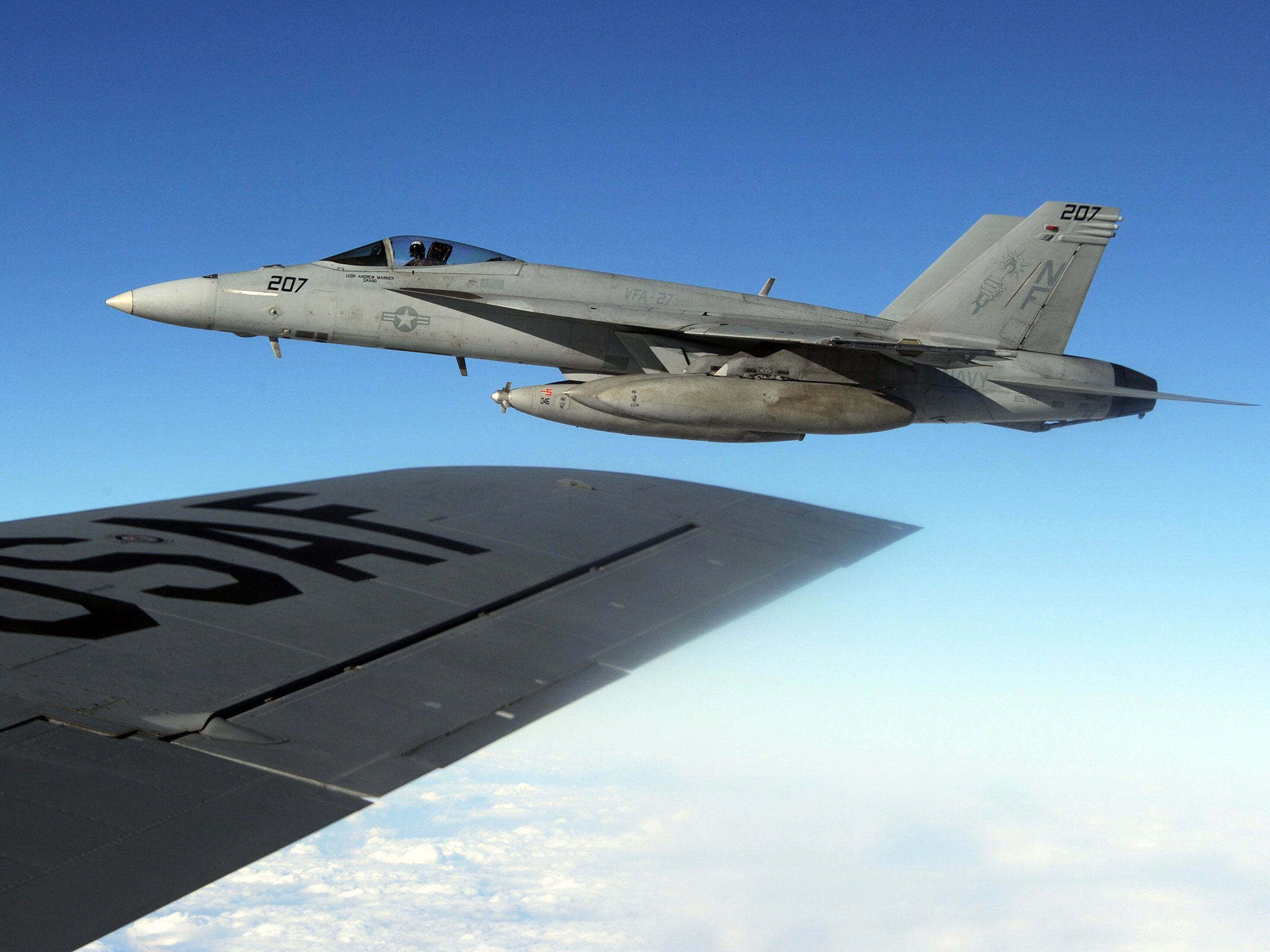China 'deploys long-range nuclear-capable missiles to coast' in response to Donald Trump's 'aggression'
English-language newspaper carries editorial urging Beijing to 'ready itself to pressures imposed by the new US Government'

Your support helps us to tell the story
From reproductive rights to climate change to Big Tech, The Independent is on the ground when the story is developing. Whether it's investigating the financials of Elon Musk's pro-Trump PAC or producing our latest documentary, 'The A Word', which shines a light on the American women fighting for reproductive rights, we know how important it is to parse out the facts from the messaging.
At such a critical moment in US history, we need reporters on the ground. Your donation allows us to keep sending journalists to speak to both sides of the story.
The Independent is trusted by Americans across the entire political spectrum. And unlike many other quality news outlets, we choose not to lock Americans out of our reporting and analysis with paywalls. We believe quality journalism should be available to everyone, paid for by those who can afford it.
Your support makes all the difference.China has moved long-range missiles to the Russian border from where they could reach the USA, apparently in response to President Donald Trump’s "aggression", unconfirmed reports say.
The missiles, which can carry ten nuclear warheads up to 8,700 miles, have reportedly been moved to Heilongjiang province in north-east China.
A leading English language newspaper in the communist country carried an editorial urging the country to strengthen its nuclear arsenal to ‘"force" the US to respect China in the wake of the new President’s tough talk.
The Global Times – which is state controlled like all Chinese media and is sometimes used to road-test public opinion - this week called on the Government to boost its nuclear arsenal.
The editorial said: “Before Trump took power, his team showed a tough stance toward China, and in turn, Beijing will ready itself for pressures imposed by the new US Government.”
And it added: “China bears the heavy task of safeguarding national security. Nuclear deterrence is the foundation of China's national security, which must be consolidated with the rising strategic risks.”
It said a military clash with the US is “the very last thing that China wants” but nuclear weapons must be at the cornerstone of its deterrent.
The call is in stark contrast to a speech given by Chinese President Xi Jinping to the United Nations just days earlier, where he called for nuclear weapons to be “prohibited and destroyed over time”.
Chinese social media has carried pictures claiming to show an advanced intercontinental ballistic missile system, Dongfeng-41 in the north-east.
The Global Times suggested the People’s Liberation Army could have leaked the photos on social media as a warning to Mr Trump.
The President, who has been in office for less than a week, has ruffled Chinese feathers with strident talk on trade and national security.
In one of the campaign debates with Hillary Clinton, he blamed China for stealing US jobs from Americans, for devaluing the dollar and for engaging in state-sponsored cyberhacking.
Mr Trump said: “Look at what China is doing to our country. They are using our country as a piggy bank to rebuild China.”
He also said on Twitter back in 2012 that global warming was “a hoax perpetuated by the Chinese” – but has since said that was meant in jest.
Before he took office, Mr Trump stoked a diplomatic row by accusing China of flexing its muscles in the disputed territory of the South China Sea.
Mr Trump's nominee for Secretary of State, Rex Tillerson, said last week China's access to the islands it has built there might be blocked - raising the prospect of a military confrontation.
The US does not recognise Taiwan as a sovereign nation, but in December Mr Trump became the first US President or President-elect since Jimmy Carter in 1979 to speak on the telephone to Taiwan’s leader, President Tsai Ing-wen.
The bilateral relations between the US and China are regarded as among the most important in the world because of the potential for conflict and the size of their economies.
Relations between the two countries have generally been stable but with some periods of conflict – most notably in the Vietnam and Korean Wars.
Mr Trump has urged China to use its influence to rein in North Korea, which is believed to have conducted at least two tests of nuclear weapons in the last year.
Join our commenting forum
Join thought-provoking conversations, follow other Independent readers and see their replies
Comments